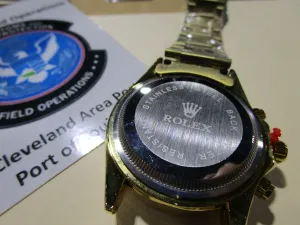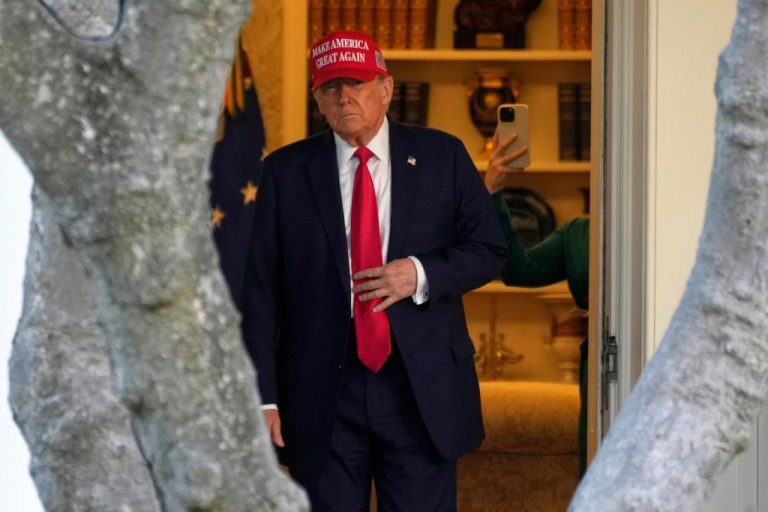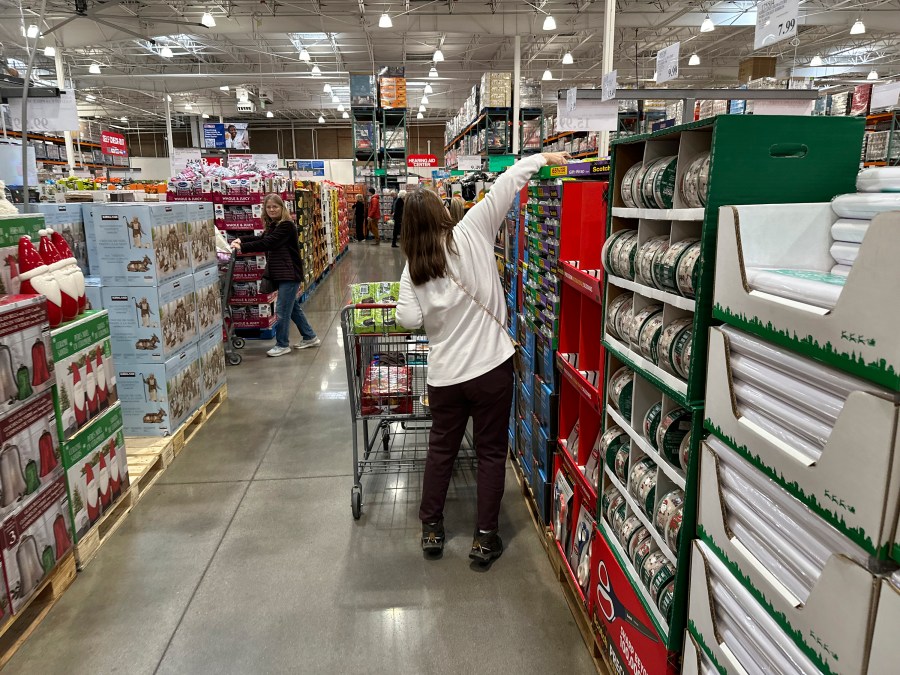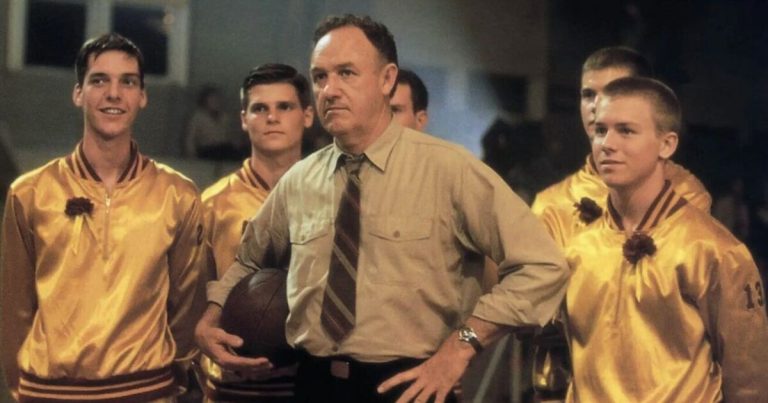
LOUISVILLE, Ky—U.S. Customs and Border Protection (CBP) officers in Louisville had a very busy month of January seizing 28 shipments of counterfeit designer jewelry worth an average Manufacturer’s Suggested Retail Price (MSRP) over $975,000, had the good been genuine.
The shipments were mostly from China and Hong Kong and were heading to locations across the U.S. The shipments contained counterfeit designer watches, bracelets, rings, necklaces, and earrings. CBP’s Centers of Excellence and Expertise, the agency’s trade experts, inspected the items and deemed them to be counterfeit. All the items were seized for infringing on the designer’s protected trademarks. Had these items been genuine, they would have had a combined MSRP value of almost $27.5 million.
“Counterfeit goods are poor quality products that cost U.S. businesses billions of dollars a year while robbing our country of jobs and tax revenues,” said LaFonda D. Sutton-Burke, Director, Field Operations, Chicago Field Office. “CBP officers throughout my field offices remain committed to stopping counterfeit smuggling, taking profits from organized crime, and helping protect our communities from potentially hazardous knockoffs.”
For the last three years, the top commodities seized for Intellectual Property Rights (IPR) infringement with the highest total MSRP have been (1) Jewelry, (2) Watches, and (3) Handbags/Wallets. Additionally, China and Hong Kong are consistently the top two source countries for IPR seizures. In Fiscal Year 2024, seizures from China and Hong Kong accounted for approximately 90% of the total quantity seized.
There are many ways consumers can protect themselves from spending their money on fakes:
“Our officers are highly skilled at identifying packages that represent a higher level of risk through visual examination, based on their knowledge and awareness of ever-changing trends employed by the individuals and organizations seeking to illegally import contraband,” said Louisville’s Port Director, Philip Onken.
Trade in counterfeit and pirated goods threatens America’s innovation economy, the competitiveness of our businesses, the livelihoods of U.S. workers, and, in some cases, national security and the health and safety of consumers. To combat the entry of counterfeit and pirated goods into America, CBP targets and seizes imports of counterfeit and pirated goods and enforces exclusion orders on patent-infringing and other IPR violative goods.
The dangers of buying counterfeit products aren’t always obvious to consumers. Particularly, when shopping online, beware of counterfeit goods. Fake goods can lead to real dangers. For more information, visit The Truth Behind Counterfeits page.
Follow CBP on Twitter @CBPChicago and @DFOChicago. Visit CBP’s YouTube channel to learn more about how CBP’s Office of Field Operations secures our nation’s borders.







